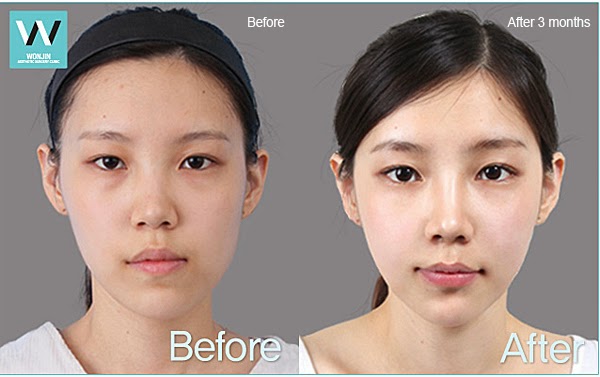Basic part of surgery ‘Anesthesia’
Basic part of surgery ‘Anesthesia’, process to
eliminate surgical pain
These
days, medical information is available through various channels, so most of
people have common medical information. But they still don't seem to know much
about anesthesia. Anesthesia refers to the administration or inhalation of
drugs to eliminate the pain during the surgery. It includes general anesthesia,
sedative anesthesia, spinal anesthesia, upper-arm neuropathy, and local
anesthesia. The choice of anesthesia is determined by considering the type of
surgery, the patient's condition, age, and patient's wishes. .
Sedative
anesthesia is a procedure used for simple plastic surgery and procedures that
can cause patients to be in a sleep state during surgery by injecting
intravenous anesthetic once or continuously. Anesthesia is simple, but it is
essential to have appropriate patient monitoring devices, oxygen, and medical
staffs who can properly replace emergency situations.
General
anesthesia is that drugs are injected with blood vessels or airways to suppress
the central nervous system. Temporary decrease or loss of the sensation and
consciousness of the whole body is often accompanied so a muscle relaxant is
mostly used for the convenience and safety of surgery. As the patient does not
have a spontaneous respiration, a tube is inserted through the mouth to the
airway and connects the tube with the anesthesia machine to safely provide oxygen
and anesthetic gas to the patient during surgery.
Unlike
other anesthesia, patients are awakened by medical staffs from anesthesia after
the surgery, allowing them to come back with spontaneous respiration and
consciousness, and more need to be done with the tube. The reason why a general
anesthesia patient has a sore throat is because this process is indispensable.
The sore throat disappears in a day or so.
A minimum
of eight hours of fasting is very important, as some of patient vomit during
the surgeries under general anesthesia and vomit can choke on airway.
w.leo@pwj.co.kr +82.70.4700.7281 +82 10 4918 3309














Comments
Post a Comment